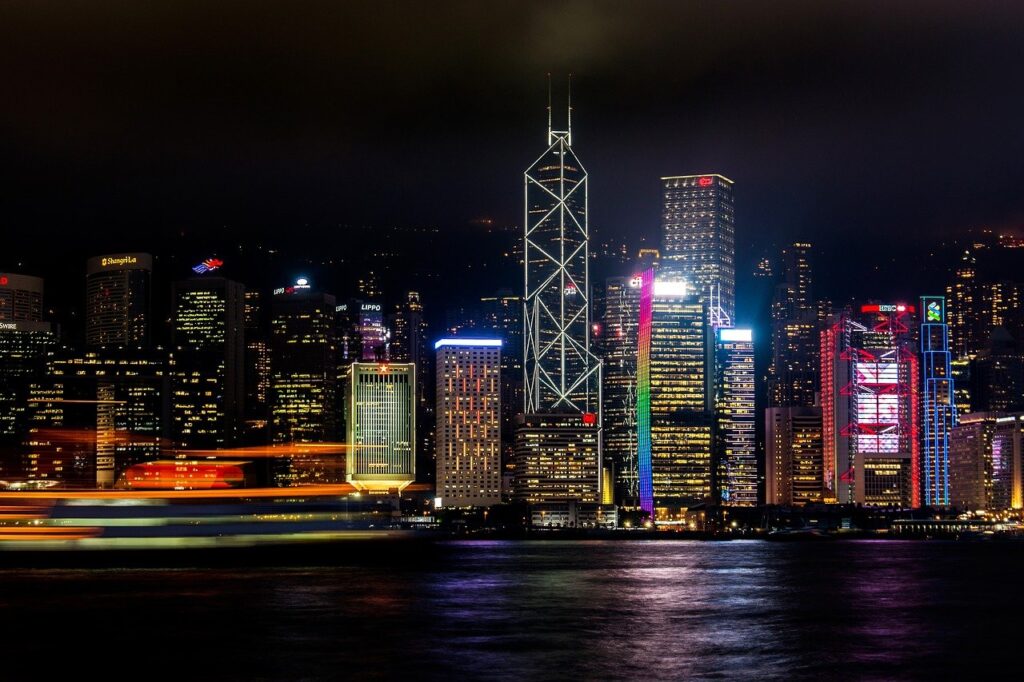The Hong Kong government on Friday announced a new national security bill and sent it to the Legislative Council (LegCo) for consideration.
The bill consists of nine parts and also includes the criminalization of several national security crimes that are not covered by the National Security Law 2020 but are listed in Article 23 of the Basic Law of Hong Kong. The bill would criminalize new crimes, including treason, sedition, and inciting rebellion against Chinese military personnel, with a conviction punishable by life in prison. The bill also allows courts to impose stricter bail conditions on suspects. According to Article 2 of Part 7, the police may apply for a movement restriction order through the court if they deem it necessary. Article 96 of the bill also provides that the criminal procedures of the National Security Law 2020 apply to the new law.
Attorney-General Paul Lamb stressed that the bill is part of local law written in the common law tradition and requires reasonable practical clarity. Lam argued that rights and freedoms are not absolute under international treaties, and that necessary restrictions are justified on grounds of national security.
Although the government has repeatedly emphasized that the bill has the support of a large majority, controversy and controversy have continued since its introduction. Investors and law professors have expressed concerns about the lack of individual rights protections, which could discourage foreign investment, Reuters reported. The Hong Kong Journalists Association similarly said the law could further suppress freedom of speech and press, and that reporters attending press conferences linked to foreign governments could amount to “cooperation with outside forces.” I gave an opinion.
Foreign governments have also expressed concerns about human rights safeguards. The US State Department has previously argued that vague definitions of “state secrets” and “external interference” can be used as a tool to eliminate dissent through fear of arrest or detention. British Foreign Secretary David Cameron also expressed concern about the lack of reference to independent oversight and the lack of clarity on procedures governing detention without charge.
In response, Chinese Foreign Ministry spokesperson Mao Ning countered that the definition was drafted according to common practice in each country and was well suited to Hong Kong's reality. He also accused the United States of discrediting the bill with ulterior political motives and called on the United States to stop interfering in Hong Kong and China's internal affairs.


